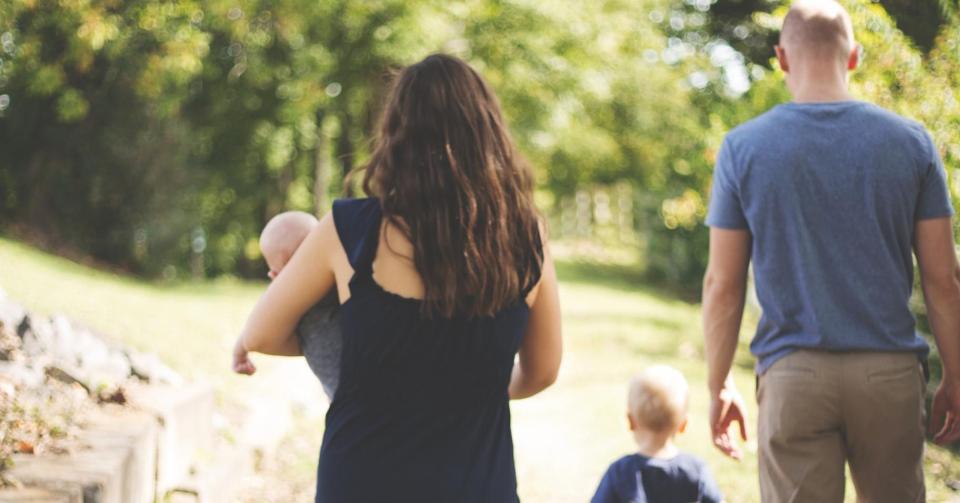I remember a Wycliffe student of several years ago who organized her life so she could be both a student and parent and spouse. She was the mother of two elementary school-aged boys. In the morning she or her husband would drop their sons at their school, then she’d get on the subway and arrive at Wycliffe in time for Morning Prayer. (Morning Prayer is a daily worship service of Scripture, prayer, and song that takes place each weekday at 8:30 a.m. in the College Chapel.) That same year there were a few single students living in the dormitory of the building—two flights up from the Chapel—who could not manage to make it to Morning Prayer on time.
How did she do it? She did not do it alone. She had the support of her family. She also had the discipline to organize her time and, along with her spouse, their household. A few (not the vast majority!) of the single students in the dorm that year, had no such external pressures, or it seems, internal motivation, to do likewise. She had both.
I remember another woman who was a doctoral student and mother of four small children. Her husband was the pastor of a church, with a Senior Centre attached to it. They organized childcare for their kids among some of the people in the Senior Centre. Family support, reliable childcare, discipline, and organization are essential if one wants to be a parent and student at the same time.
But to be both is about more than “how to.”
Being a parent and student at the same time means pondering the limits of time and creatureliness, and the relationships between the vocations of family and study. Such pondering is a good thing indeed. The superwoman or superman, tiger mother or earth mother are not Christian images. We are finite, mortal creatures. We do not have limitless energy, love, or ambition. That capacity is reserved for God alone. Understanding our limits and living within them is a good thing to model and teach our children. When we over function we inadvertently invite our children to under function.
To be both a parent and student is also to struggle with what at times feel like competing vocations. How do we honour both? To be a student is a vocation, a job if you will. It calls for time to read and reflect. It calls for time and space to think and write. It cannot be done well (or perhaps at all) if we think we can fit it in between all the other things we do. One of our doctoral students treated his studies as his full-time job. He would come to Morning Prayer, put in a full day of work in the study room in the building (he could be seen pacing the halls in thought) and then picked up his children after school. Day after day punching the clock. I know several students who, after dinner, sit down at the table with their children and everyone does homework together. What could be better?
But back to the limits of creatureliness. One such limit is time. We have all the time there is, all the time God has created—there are no extra hours stored up in heaven or hidden behind Christ’s robes. The gift of a day, 24 hours, is a part of God’s creation and as with all God’s gifts, it is good. That means it is enough. We cannot be a student and parent alone. We cannot do both roles without support and good childcare. We cannot do it without community.
And community is another one of God’s good creations.
***
Annette Brownlee is Chaplain, Professor of Pastoral Theology and Director of Field Education at Wycliffe College. At Wycliffe College, we pray and read the Bible together every day. We study it deeply and allow it to move us, to grow us, and to motivate our prayers. All are welcome.





